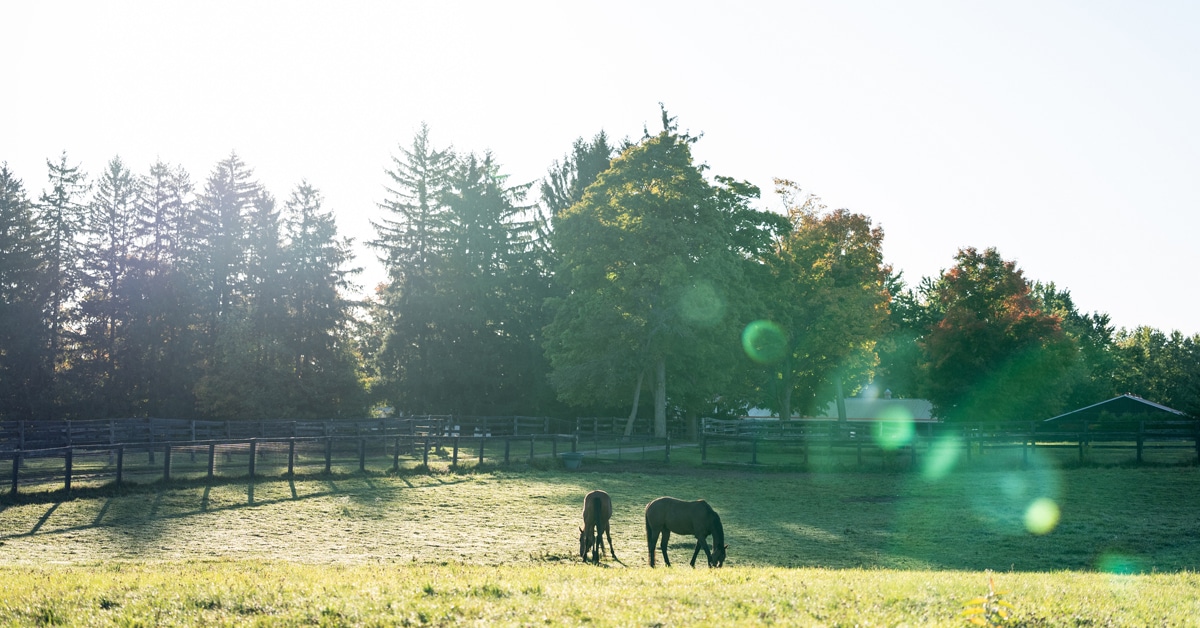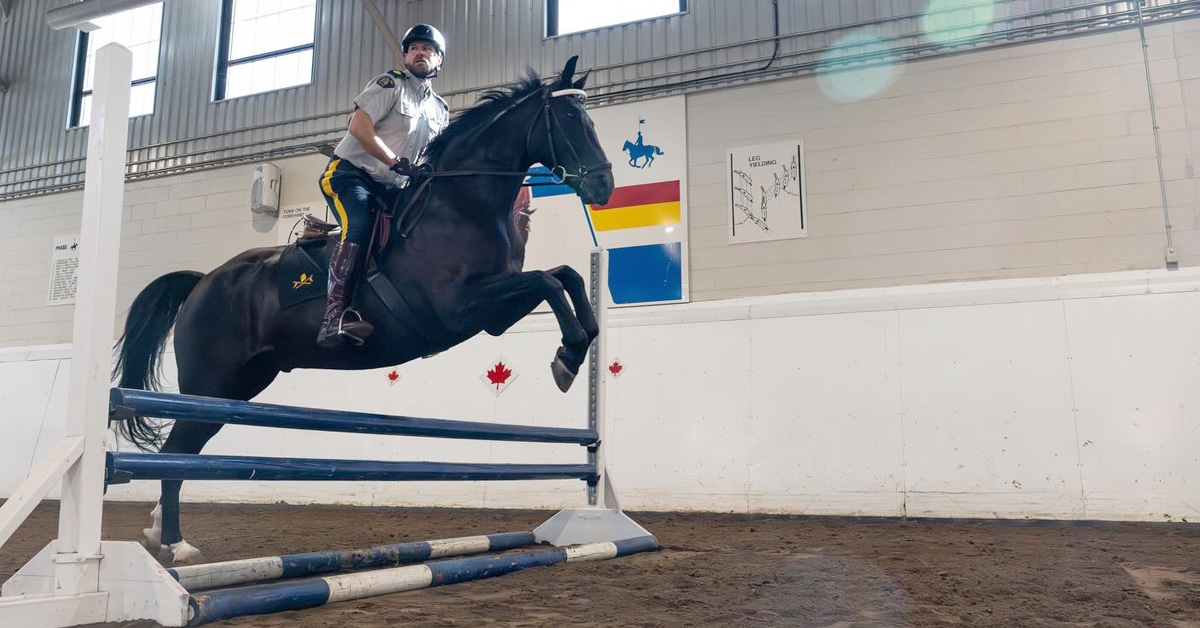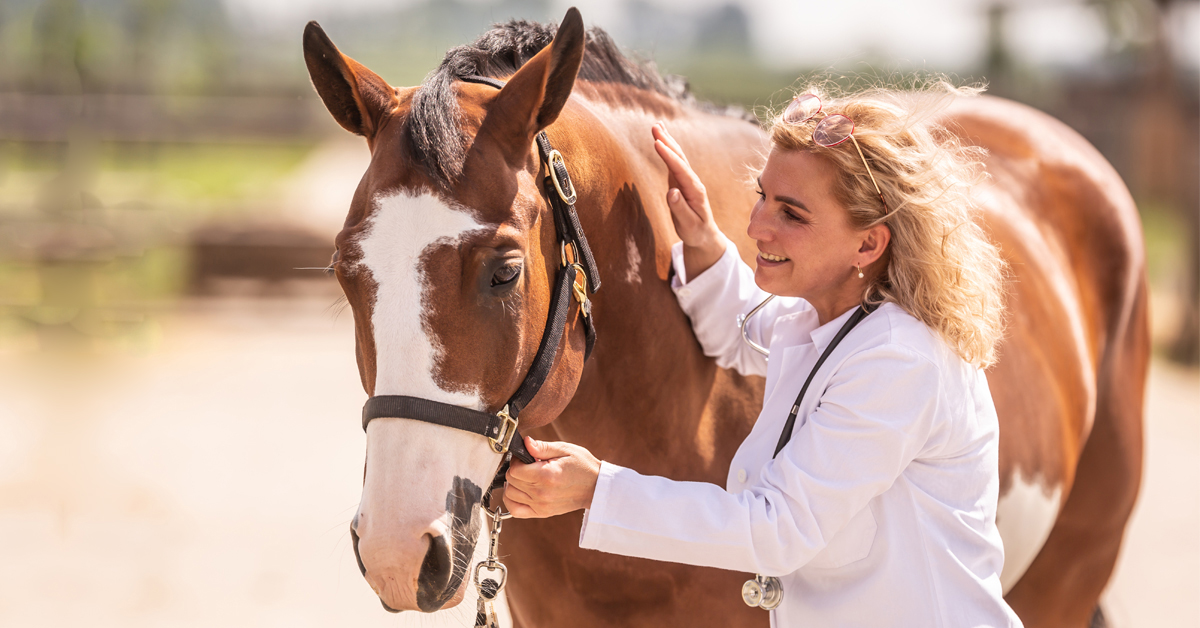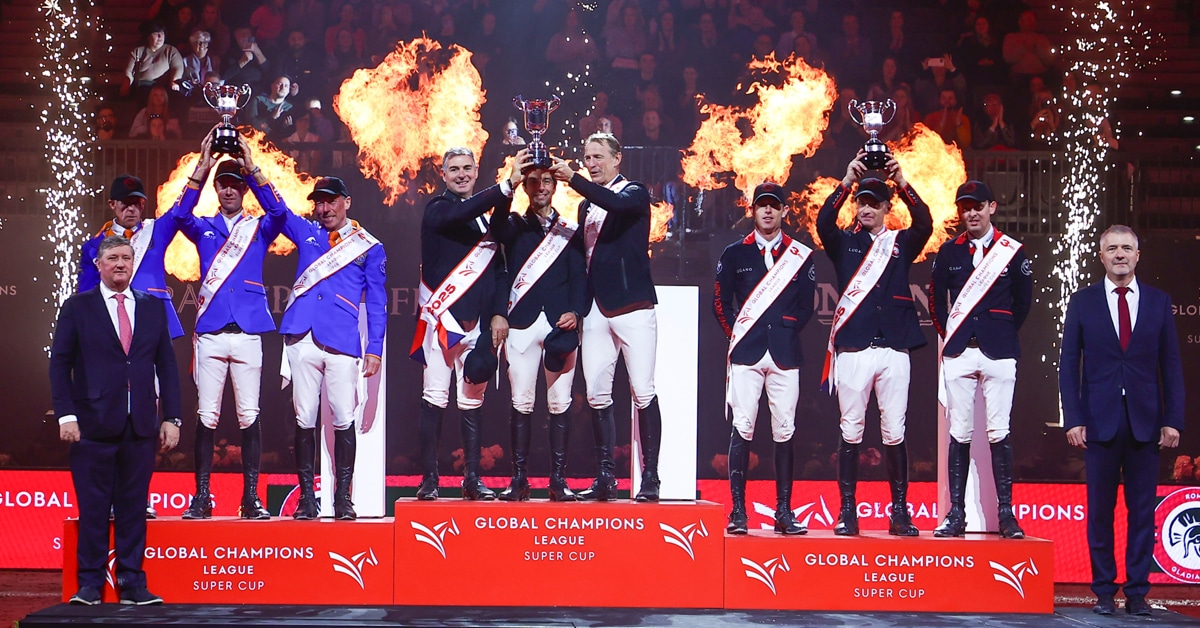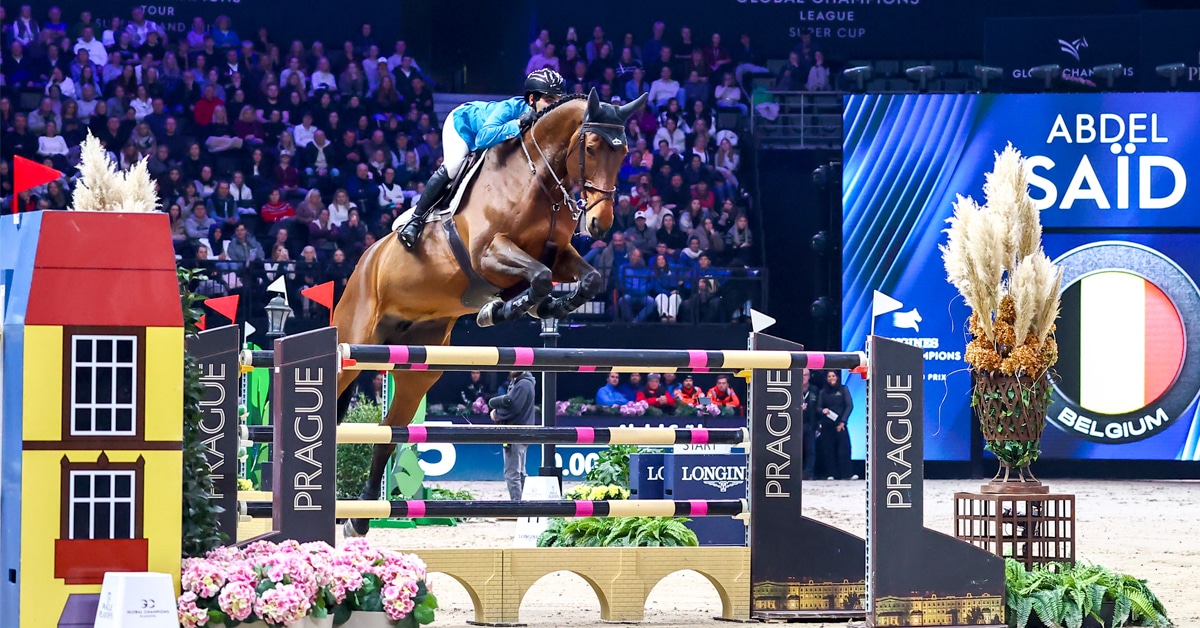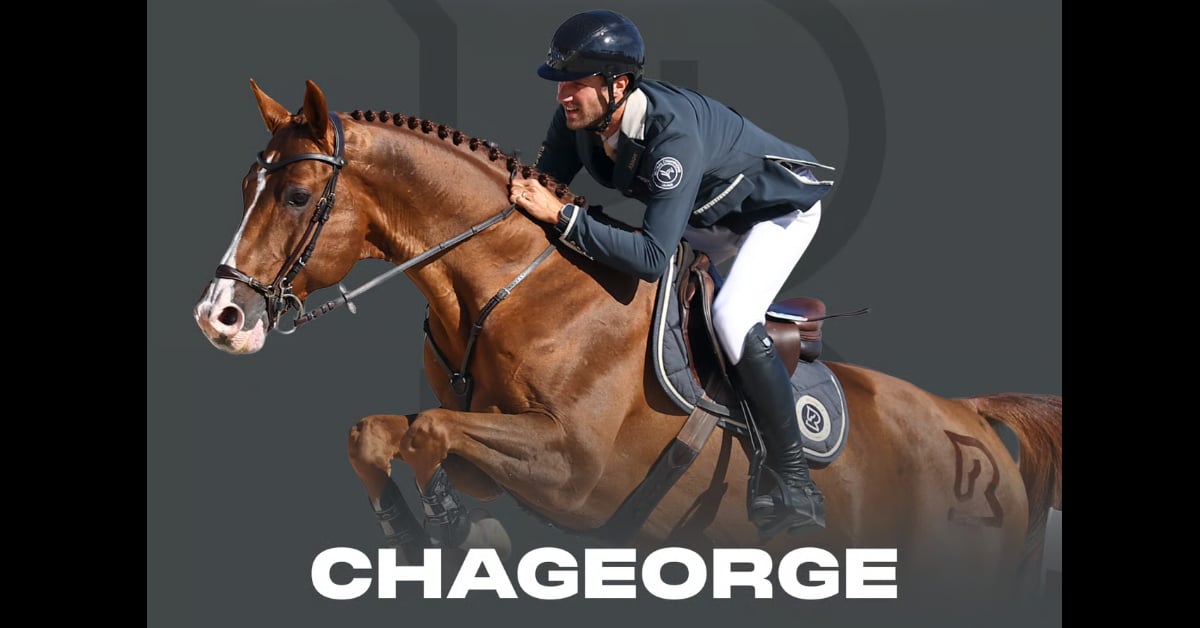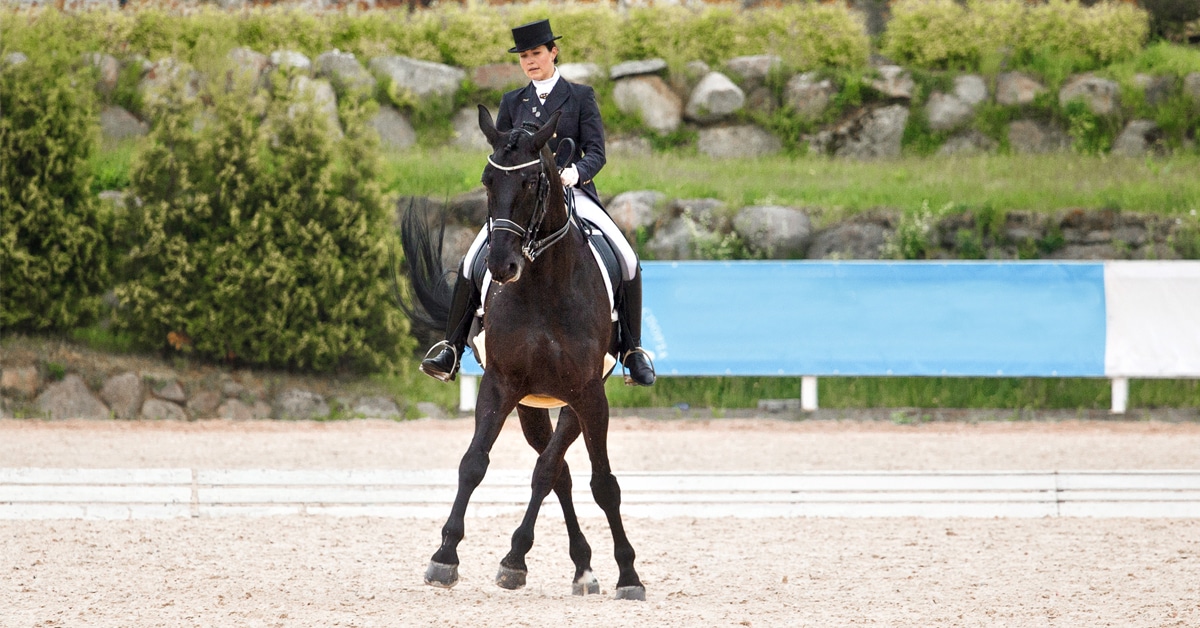Scrolling through the ‘Not in Good Standing‘ list of Equestrian Canada Sport Licence Holders reveals two surprising details: There are a lot of people on the list (373 to be exact as of Feb. 1st) and many of them are likely first-timers. The list is updated daily, and contains considerably more names than in previous years. Some of the more high-profile names currently on the list include Peter Gray, Karl Slezak, Ben Asselin, Alicia Timm, Tim Wilks and Kathryn Robinson.
There are basically two reasons why a member would not be in good standing (NGS):
a) They owe fees, dues or other obligations to EC, their Provincial/Territorial Sport Organization (PTSO) or to an EC sanctioned competition;
b) They have been suspended by EC, a PTSO, the FEI or the national federation of a foreign country that is a member of the FEI.
Part of the ‘other obligations’ to EC includes two compulsory Safe Sport courses; members are allowed 30 days from the date of renewal of their sports license to complete the courses. This, according to EC, is the number-one reason for the abnormally high number of individuals on the NGS roster.
“The two mandatory courses support necessary learning about safe and welcoming sport environments for all participants,” said Rachel Huebert, Director Sport Operations at EC. “This Safe Sport training is part of Sport Canada’s mandate for national sport organizations and is now a requirement to participate.”
“We are fully committed to doing our part to support the growing national movement that is changing the culture of sport in this country and need our community’s help to get there with 100% compliance of Safe Sport requirements,” added EC CEO Meg Krueger.
Everyone on the list has received emails informing them of why they are NGS and how to complete the training to change their status. All adults (18 years +) must take the safe sport e-learnings entitled Fostering Healthy Equestrian Environments and Concussion Awareness. The courses typically take less than two hours combined and are valid for three years. Members refusing to take the courses will remain on the NGS list and are prohibited from competing.
How does this affect riders competing in the US and the reciprocation rules? EC explains that it is not possible to provide USEF with a list as it literally changes day-to-day. USEF-sanctioned competitions are aware that the NGS list is publicly available online and show secretaries regularly request access to the competition support portal which allows them to look up the status of EC sport licence holders.
The reciprocation rules state that upon official notice to USEF by EC, a person who is suspended, banned, or otherwise disciplined by EC (excluding monetary fines) must also be suspended or disciplined by USEF, provided USEF’s rules regarding the disciplined actions are substantially similar to EC’s rules and regulations regarding the same.
USEF is not required to suspend or otherwise discipline a person who has been suspended or otherwise disciplined by EC if USEF rules are not violated by the action or a USEF rule regarding the same does not exist.
EC’s understanding in this regard is that a USEF-sanctioned show should still uphold administrative sanctions of an EC sport licence holder who is not in good standing. If the athlete is also a USEF member, then that individual could compete with that affiliation as they do not require the EC courses as part of that membership. However, USEF Safe Sport training is also required for all USEF members to be in good standing, and individuals holding dual memberships are required to complete the education requirements in both jurisdictions.
EC plans to send out yet another reminder to those on the NGS list for Safe Sport training compliance to encourage sport license holders to complete the training prior to competition season in Canada getting into full swing. “The message we have for our community is that Safe Sport training is mandatory – it is part of Sport Canada’s mandate and ours. The courses support EC’s shared commitment to safe and welcoming sport environments for all participants,” said Krueger.
“Safe sport is a prevalent ethical issue in Canadian sport and equestrian is no exception. Anyone participating in our sport in Canada should expect to do so in an environment free from all forms of maltreatment and within a culture of inclusivity, dignity, and respect. Safe sport is everyone’s responsibility and if we don’t collectively foster the necessary change, we all stand to lose.”
More News
